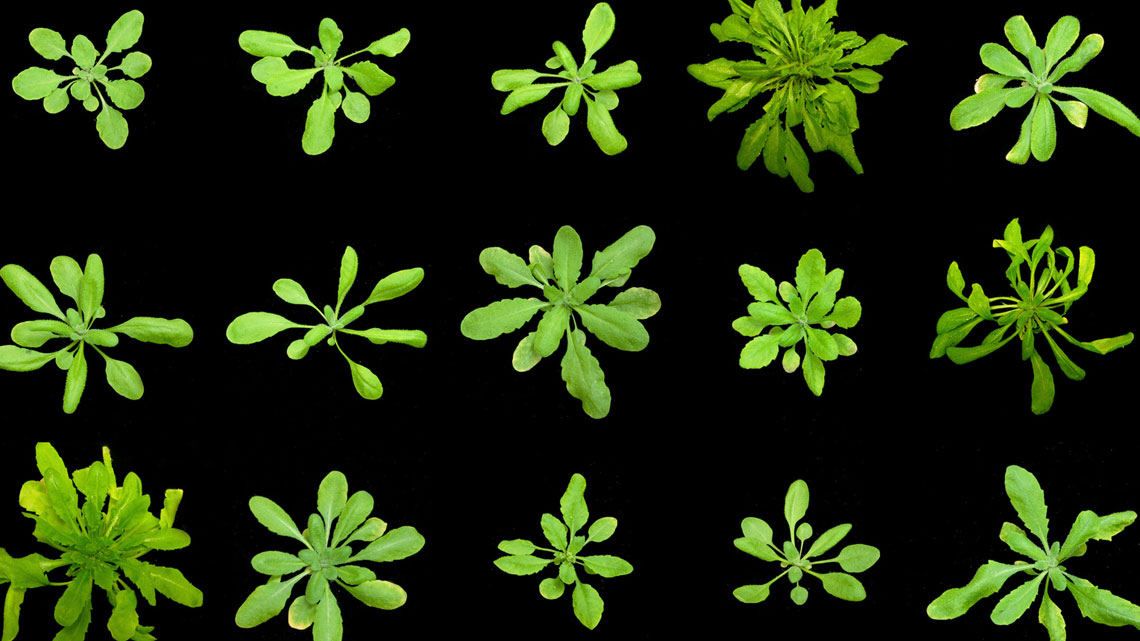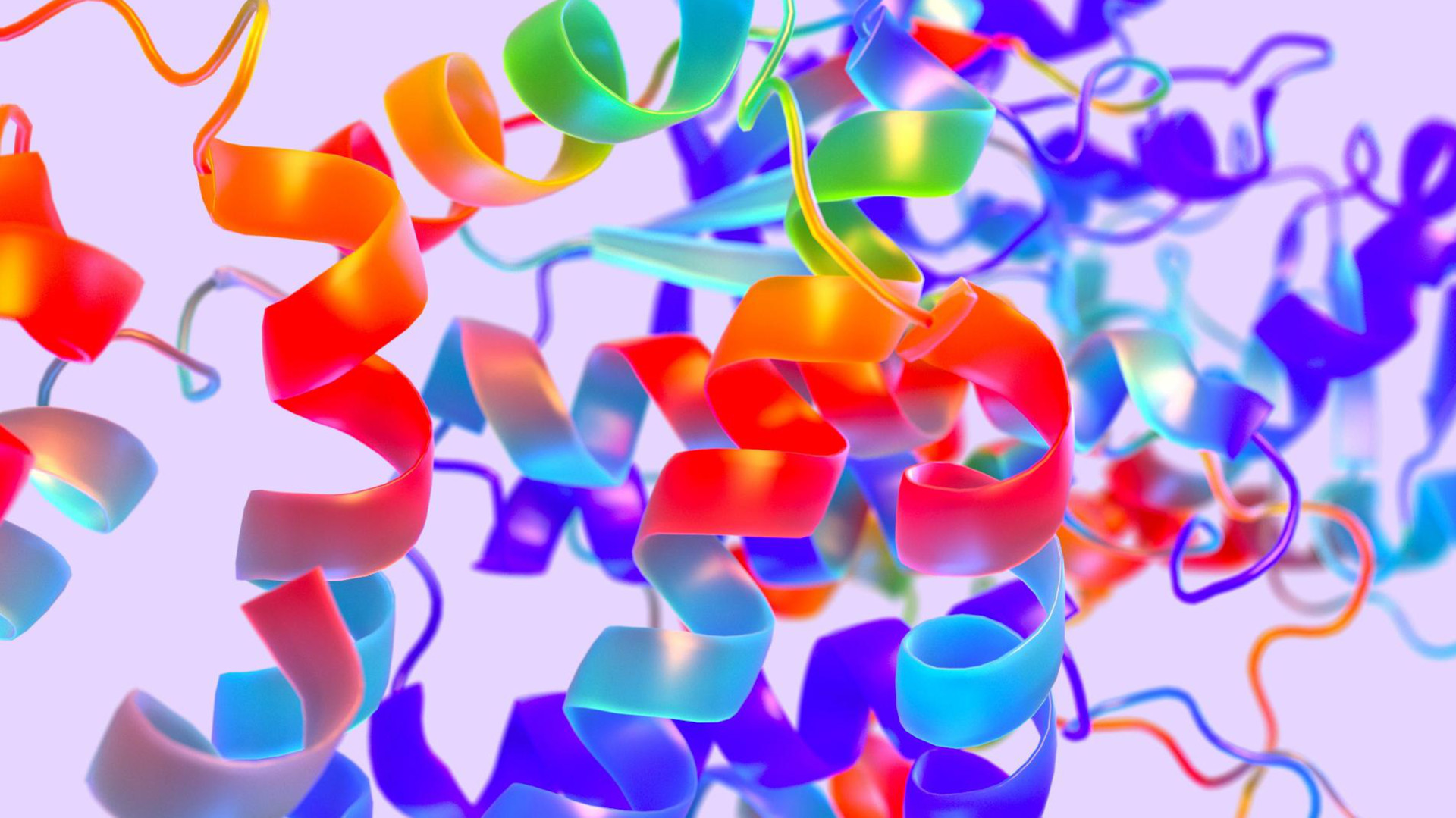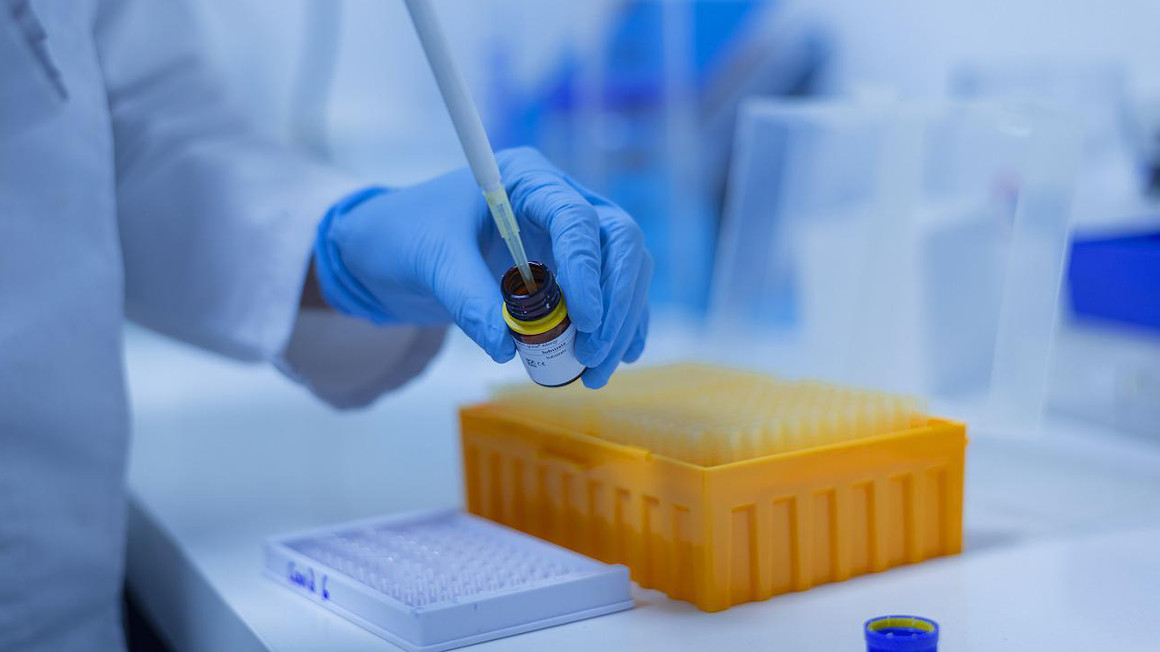Genome Editing: What Max Planck researchers say
The Ethics Council of the Max Planck Society has announced its position on genome editing in plant breeding, medicine and pest control.

New technological possibilities often raise new ethical questions. This currently applies to so-called genome editing, the precision intervention in the genome. The Max Planck Society has now made clear its position in a discussion paper on the new possibilities, which also separately evaluates the individual fields of application. The researchers of the Max Planck Society reject interventions in the human germline at this point.
The authors oppose interventions in the human germ line mainly because, due to its hereditary nature, the method would also affect future generations; thus, possible side effects of the interventions would have to be observed for decades before such a therapy could be declared safe. However, the authors Stefan Mundlos and Hans Schöler are in favour of genome editing for medical purposes on other cell types. It could be used, for example, to treat leukaemia by altering the blood cells. Thomas Rauen and Hans Schöler shed light on the great importance of genome editing for stem cell research, for example in order to develop authentic disease models in the laboratory.
Useful in plant breeding
Plant researcher Detlef Weigel highlights the importance of genome editing for plant breeding. As in biomedicine, all major players in the seed industry have licensed the CRISPR-Cas9 technology from academic institutions, reflecting the potential that the industry attaches to the technology. Point mutations triggered by genome editing are very similar to spontaneous mutations that occur at surprisingly high rates in plants, writes Weigel. Therefore, contrary to the assessment of the European Court of Justice, the plant researchers believe that the method should not fall under the EU genetic engineering release directive if the result cannot be distinguished from a natural mutation. Weigel recommends updating the EU Release Directive 2001/18/EC in order to either exempt genome-edited plants from the provisions of the Directive or at least introduce a lower threshold for the release of genome-edited plants compared to conventional GMOs.
Uncontrollable gene drive
The position paper also critically evaluates the gene-drive technology. Insects are genetically modified in such a way that a certain characteristic spreads in the population. In practice, this has already been used to make malaria mosquitoes infertile and to contain the disease - with mixed success and side effects. The researchers, however, criticize the lack of control over the spread of the gene alteration and the lack of a voice for the people in the affected region.
Lack of laws and controls
The authors of the individual chapters themselves work with methods of genome editing and are therefore well acquainted with the techniques, potentials and risks, as the position paper emphasizes. Finally, they warn that so far there are no national or international laws that could protect against the misuse of research results for genome editing.
bl/pg/um


